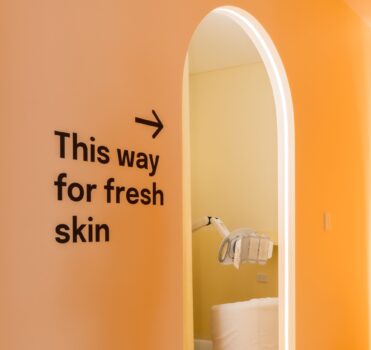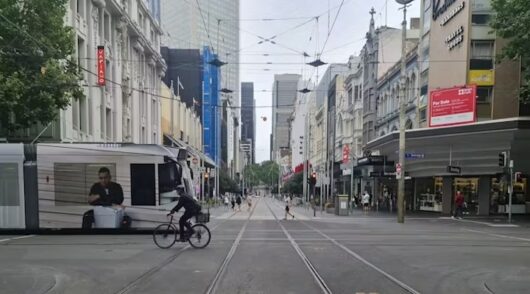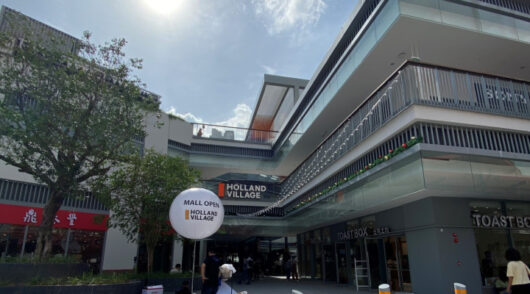
Retailers may soon have the upper hand in negotiations with landlords if centre managers’ predictions of declining rents and rising incentives in the second half come to pass.
Nearly half (47 per cent) of centre managers polled in a recent survey by real estate firm JLL said they expect rents to continue to decline over the next 12 months, and 57 per cent said incentives of 15 per cent or higher are now required to attract new tenants, the biggest proportion ever recorded.
“Tenants are seeking fit-out contributions, delayed commencements and capped occupancy cost clauses to commit to new deals,” Tony Doherty, JLL’s head of retail, property and asset management, said in a statement about the survey’s findings.
This comes at a time when retail spend is expected to grow, despite subdued consumer sentiment and business confidence.
Almost half the centre managers surveyed (49 per cent) expect some level of growth in moving annual turnover (MAT) over the next 12 months. This figure is on par with JLL’s last survey, although fewer managers now expect a decline – 24 per cent compared with 30 per cent previously.
“Australia’s total retail turnover growth has remained reasonably healthy at 3 per cent in July 2019 despite weakening sentiment towards the retail sector over the past 12 months,” said Andrew Quillfeldt, JLL’s senior director of retail research.
“Grocery, clothing and cafes, restaurants and takeaway food are all growing at between 3 to 4 per cent while household goods and department store growth is below 0.5 per cent per annum.”
Nevertheless, Quillfeldt predicts retailers will continue to rationalise their store networks in the second half of 2019, and says centres will need to focus on tenancy mix and refurbishments to continue to boost MAT.
The changing tenancy mix is the biggest positive contributor to MAT outlook, centre managers said, while competition from other centres, online retailing and fuel prices are the biggest impediments.
“While competition from other centres remains the biggest concern for centre managers, online retail is becoming a more relevant factor as a greater proportion of sales migrate online,” Richard Fennell, JLL’s head of property and asset management, said.
“Fuel prices are now the third biggest concern for managers, overtaking the economic outlook as a more important factor.”
Meanwhile, national chains now account for a smaller proportion of tenant enquiries at shopping centres, dropping to 8 per cent from 14 per cent in the previous survey, while mum-and-dad retailers continue to dominate tenant enquiries, accounting for 57 per cent of the total.
At the same time, casual mall leasing is on the rise, driven by tenants who want to test the market and create brand awareness with pop-up shops before committing to a larger space.
JLL’s latest survey showed 73 per cent of managers have casual leasing opportunities in their centres, and 72 per cent had received an enquiry in the past six months.
The survey was conducted in July with managers at 74 shopping centres managed by JLL across Australia. The centres were mostly neighbourhood centres (29) and sub-regional centres (26), while 11 are CBD-based. JLL’s previous survey was conducted in February.





